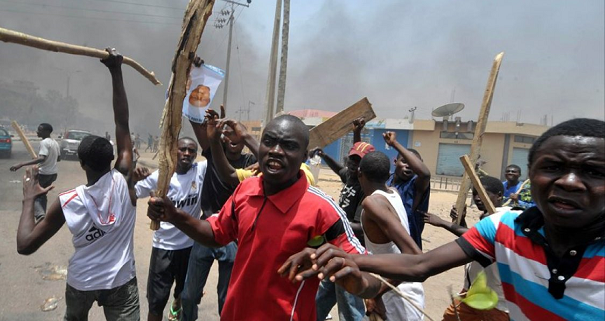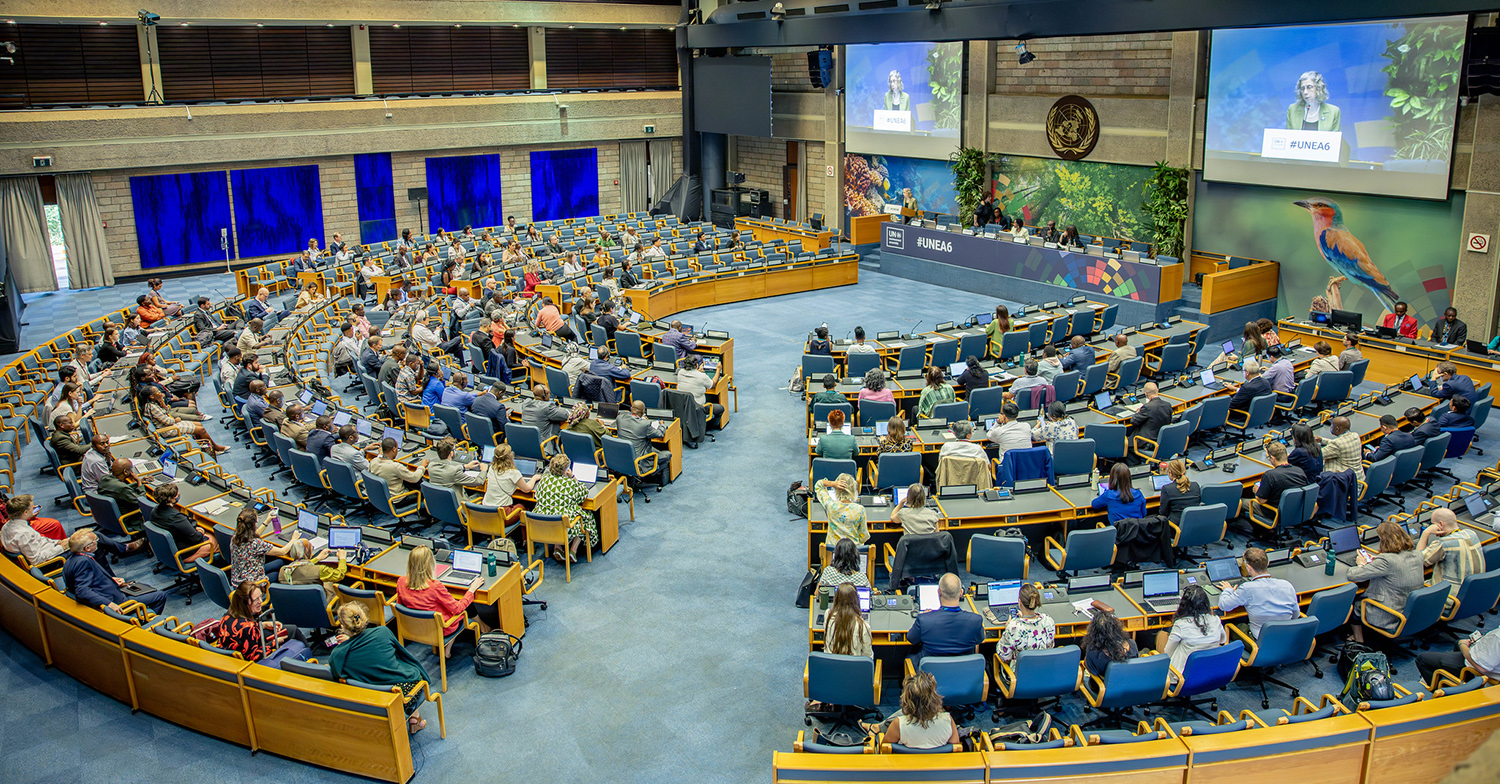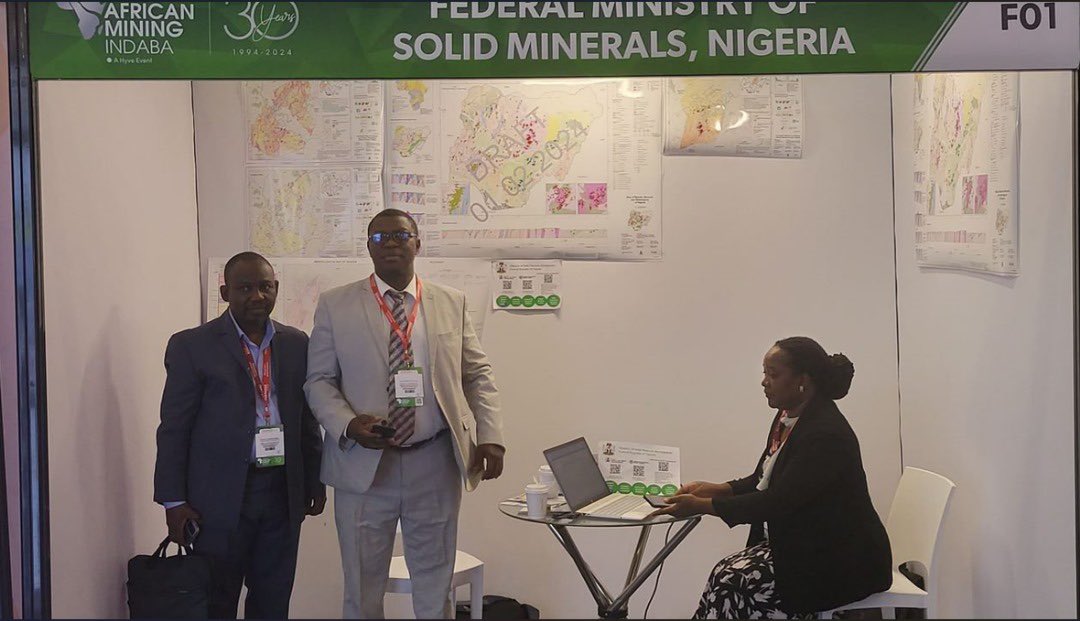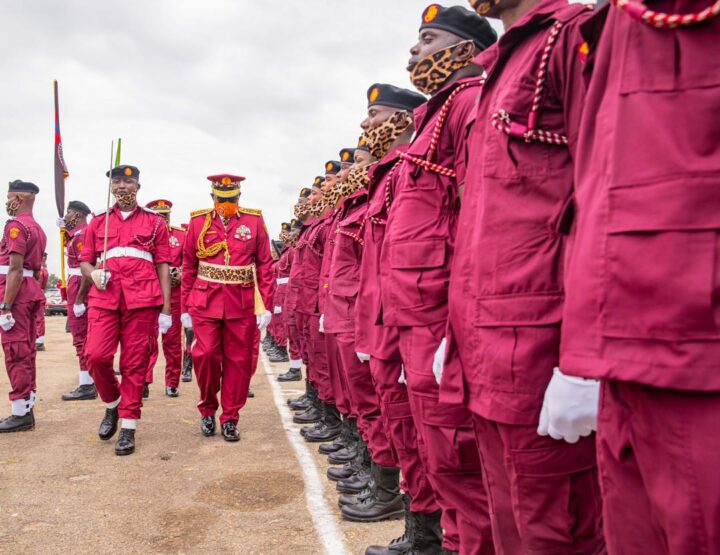BY BELLO YINUSA
In the lead-up to the 2023 general elections in Nigeria, the Independent National Electoral Commission (INEC) faced daunting challenges amid widespread insecurity and socio-economic turmoil. With the country grappling with insurgencies in the north, secessionist agitations in the south, and escalating violence across various regions, the task of conducting free, fair, and credible elections seemed Herculean. Despite these adversities, INEC’s strategic measures and innovations ensured the successful execution of the electoral process, showcasing resilience and adaptability in the face of adversity.
The commission implemented robust security arrangements to protect electoral materials and personnel. Collaborations with security agencies were strengthened to secure polling units and INEC facilities, which had been targets of violent attacks. Advanced logistics planning ensured the safe transportation and delivery of electoral materials, even to remote and conflict-prone areas.
Technology played a pivotal role in enhancing electoral transparency and efficiency. The introduction of the Bimodal Voter Accreditation System (BVAS) for voter verification and the INEC Result Viewing (IReV) portal for real-time election result dissemination were critical in boosting voter confidence in the electoral process. These technological interventions addressed concerns over electoral malpractices and facilitated a more transparent tallying and reporting system.
Advertisement
Community engagement initiatives were also crucial. INEC worked closely with community leaders and civil society organisations to promote peace and encourage voter participation. Voter education campaigns were intensified, especially in regions affected by violence and insurgency, to ensure that citizens were informed about their voting rights and the measures in place to protect them.
Despite the backdrop of economic hardships, aggravated by fuel and currency scarcity, INEC’s logistical strategies and careful planning mitigated potential impacts on the elections. The commission’s proactive stance against the use of money in politics, coupled with the Central Bank of Nigeria’s monetary policies, aimed at reducing vote-buying and enhancing the integrity of the electoral process.
The resilience and determination of INEC, in collaboration with national security forces, civil society, and the international community, underscored the collective commitment to democracy in Nigeria. The successful conduct of the 2023 elections, amidst such challenging circumstances, not only demonstrated INEC’s capacity to navigate through crises but also reinforced the democratic resolve of the Nigerian people. This achievement marks a significant milestone in the country’s democratic journey, setting a precedent for future elections in similarly complex and volatile environments.
Advertisement
Acknowledging the significant role political actors played in exacerbating violence during the elections is crucial. Despite efforts by INEC, security agencies, and civil society to mitigate insecurity, political parties often escalated violence within their strongholds.
Consequently, political violence, rather than general insecurity, predominantly characterized the elections, with civic groups estimating hundreds of fatalities. This situation underscores the urgent need for legislative action before the 2027 elections. Passing the Electoral Offences Tribunal bill, enabling swift prosecution of electoral offenders and their sponsors, is essential for enhancing election integrity.
Yinusa writes in from Lagos.
Advertisement
Views expressed by contributors are strictly personal and not of TheCable.
Add a comment






